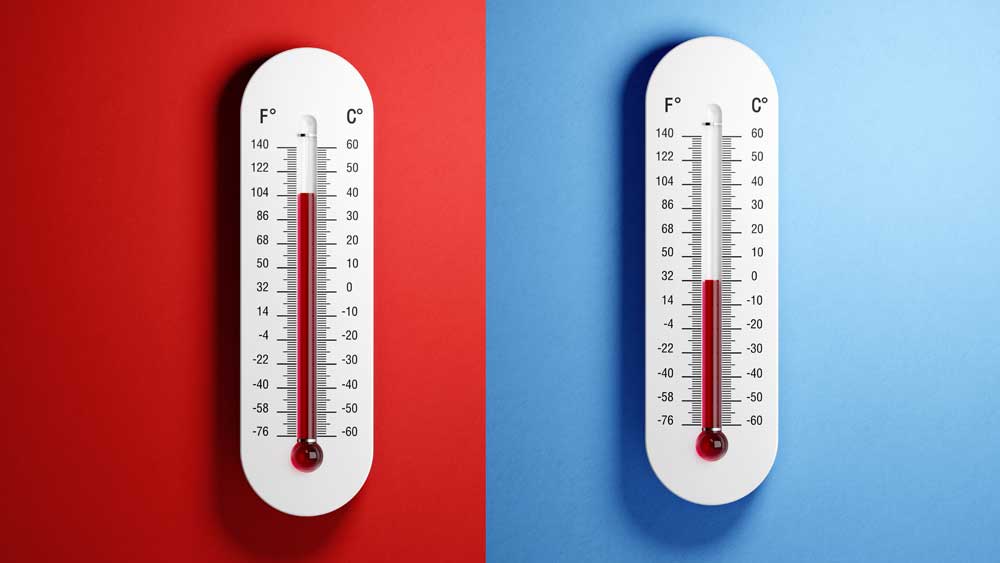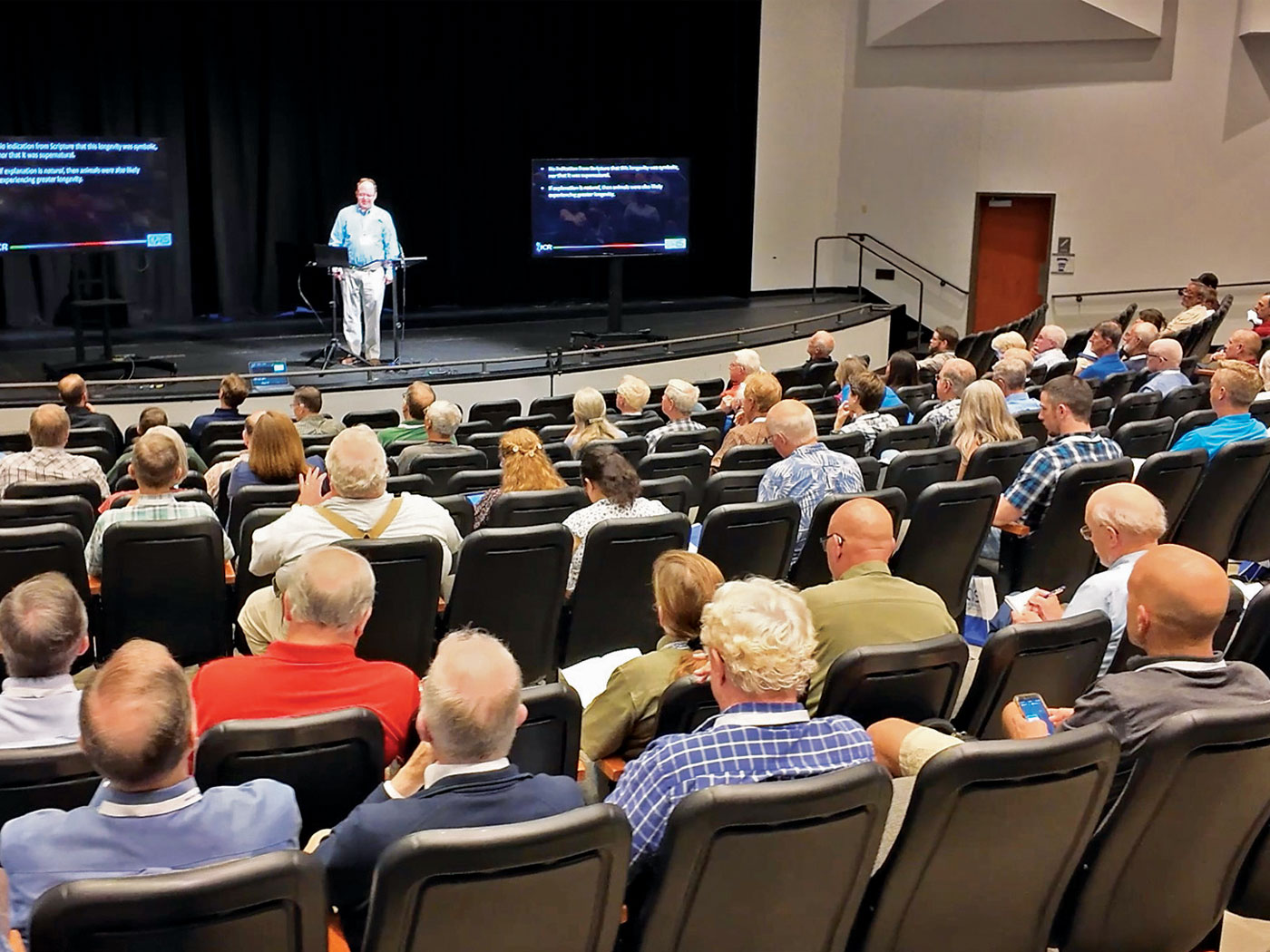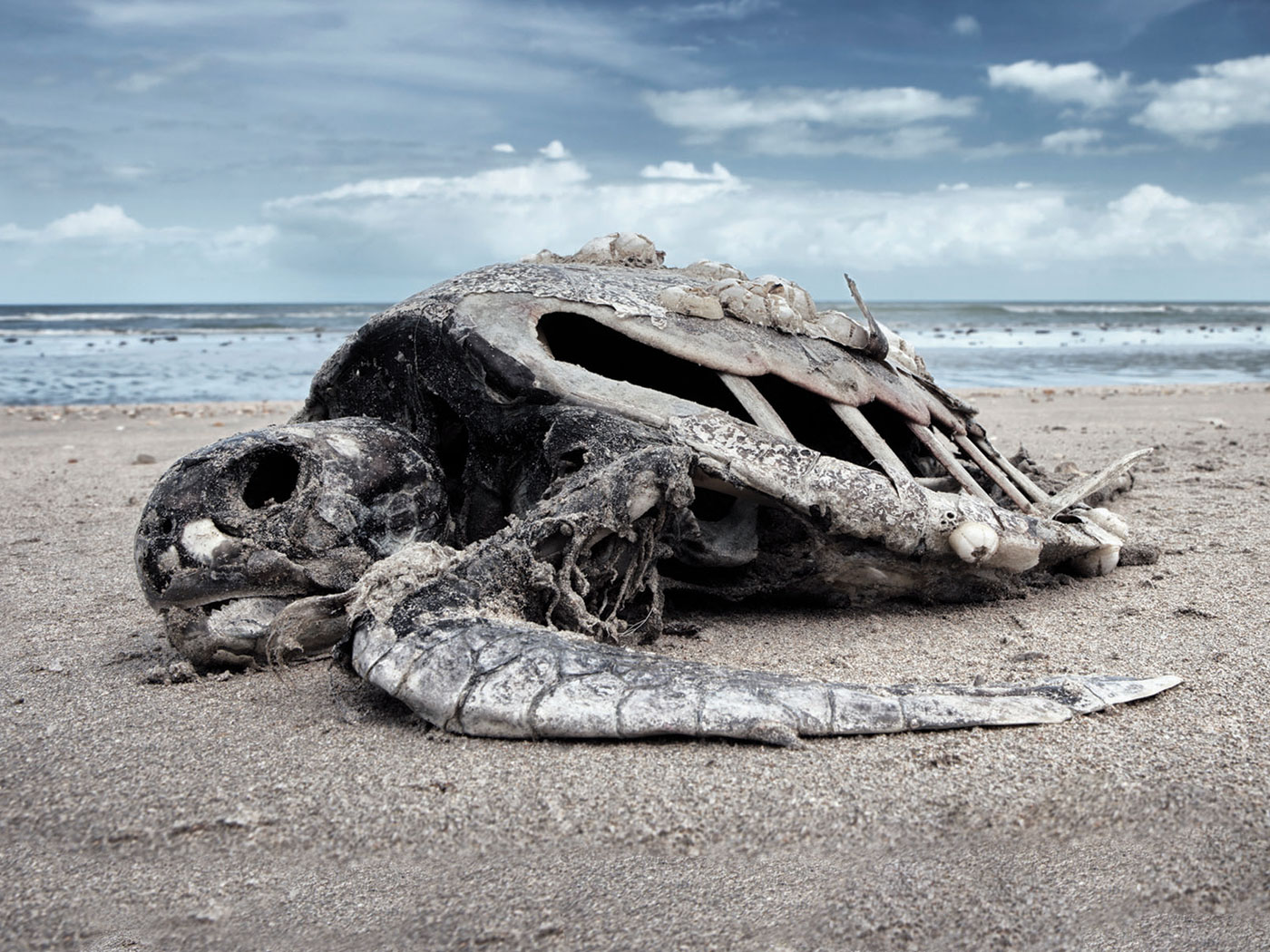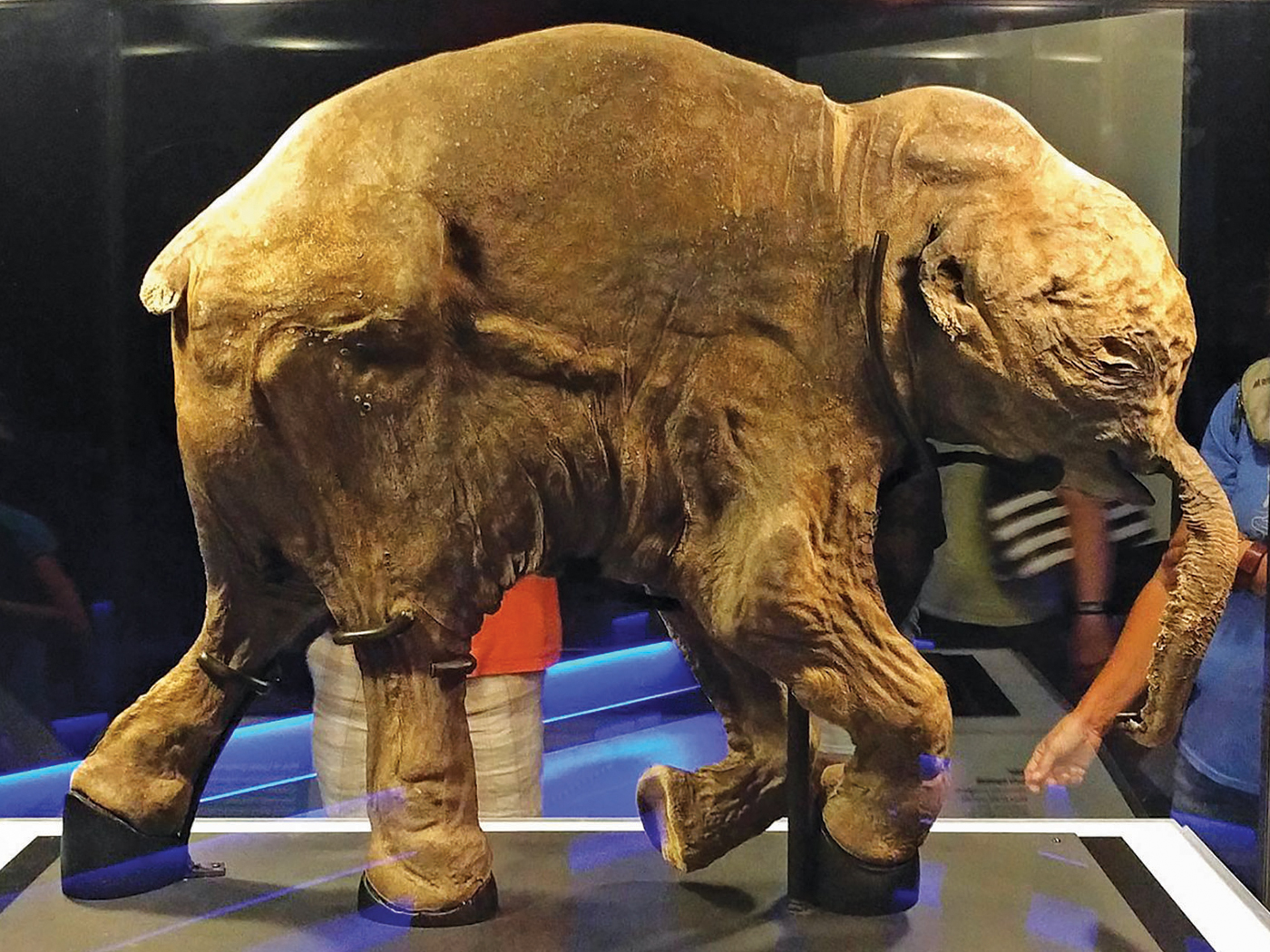Higher temperatures appear to correlate with a lower spread rate for the coronavirus, according to an early hypothesis.1 The climate seems to have an impact on other respiratory viruses like the SARS virus.
The most recent analysis, developed by Johns Hopkins University and MIT, found that the maximum number of coronavirus transmissions has occurred in regions that had temperatures between 37 and 55 °F during the outbreak.
But areas with mean temperatures above 64 °F have seen fewer than 5% of total cases. This same pattern also shows up in states like Texas, Florida, and Arizona that have seen a slower growth rate than states like Washington, New York, and Colorado.
Other research has similar conclusions. Researchers from Spain and Finland found that 95% of COVID-19 cases globally have occurred at temperatures between 28 and 50 °F, which match the above results. A study team from Beihang University in China also found that, in the early days of the outbreak, hot and humid cities saw a slower rate of spread than cold and dry ones.
These research efforts have not been peer-reviewed, and the correlations could be due to other variables. Population density, the level of medical care, and each country’s responses also affect COVID-19 spread rates.
While we should all remain diligent in our washing and social distancing, the good news is that spring and summer may slow the overall outbreak.
References
1. Hao, K. Warmer weather could slow the spread of coronavirus—but not by much. MIT Technology Review. Posted on technologyreview.com on March 19, 2020, accessed on March 23, 2020.
*Michael Stamp is an editor at the Institute for Creation Research. This article was reviewed for accuracy by Dr. Randy Guliuzza.













